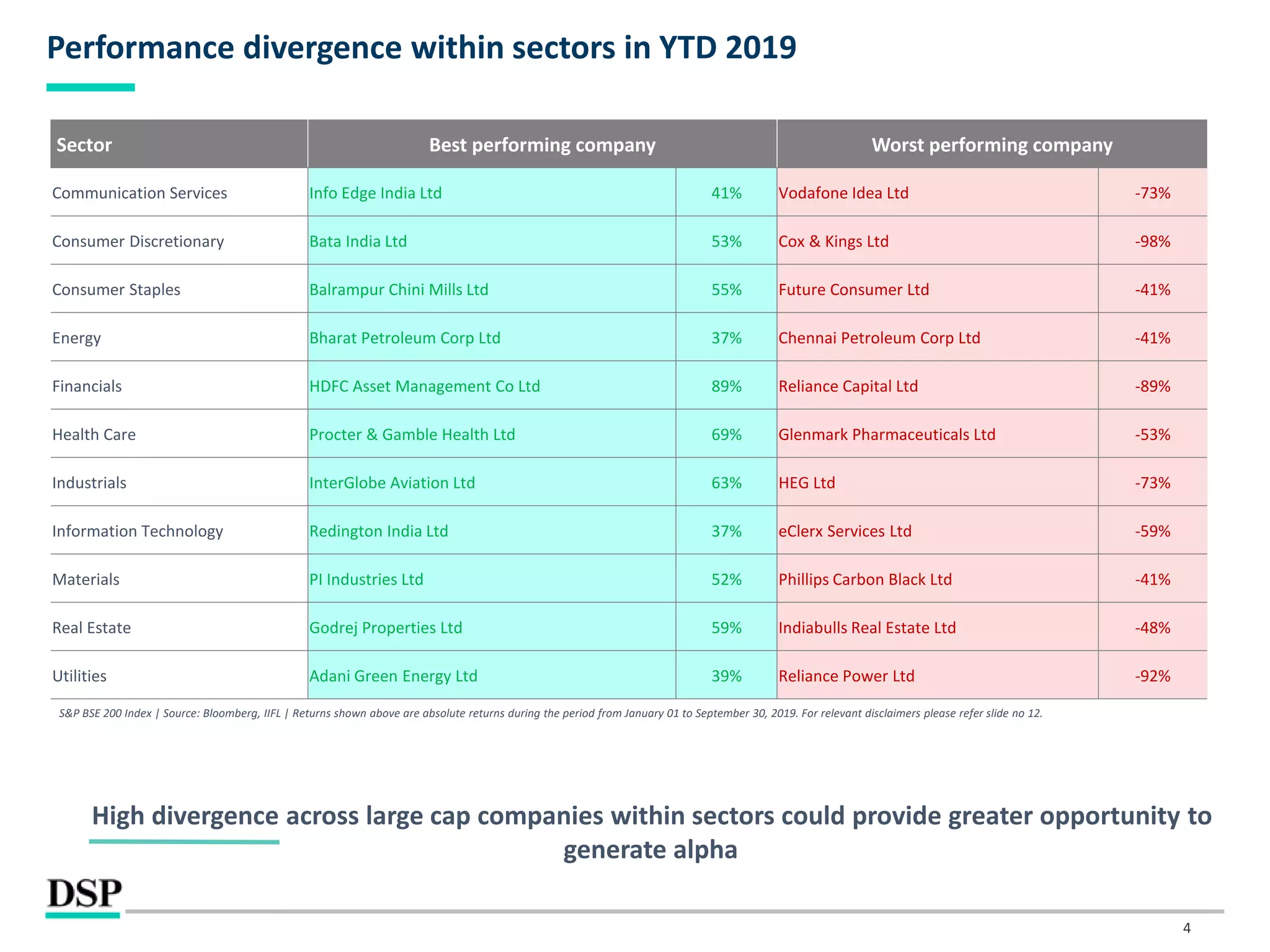Global Competition Heats Up: The Scramble To Attract US Researchers After Funding Cuts

Table of Contents
The Impact of US Funding Cuts on Research
Reduced research funding in the US significantly impacts scientific progress and the careers of researchers. The cuts affect various research fields, leading to a decline in research output and innovation. Securing funding has become increasingly difficult, particularly for early-career researchers struggling to establish independent research programs. This situation creates a breeding ground for a potential “brain drain,” where top talent seeks opportunities elsewhere.
- Specific Funding Cuts and Consequences:
- NIH Budget Reductions: The National Institutes of Health (NIH) has experienced significant budget constraints, leading to fewer awarded grants and reduced funding for existing projects. This directly impacts biomedical research, delaying crucial discoveries and hindering advancements in disease treatment and prevention.
- Impact on Specific Research Areas: Fields like climate science, fundamental physics, and materials science have also seen funding cuts, slowing down progress and potentially impacting long-term technological advancements. This creates an uneven playing field, impacting the overall trajectory of scientific innovation in the US.
- Increased Competition for Grants: The reduced funding pool leads to hyper-competitive grant application processes, making it even harder for researchers to secure the resources needed for their projects. This results in many talented researchers abandoning their research ambitions.
International Strategies to Attract US Researchers
Recognizing the opportunity presented by the US funding cuts, many countries have implemented proactive strategies to attract American researchers. These strategies revolve around creating attractive environments for researchers, offering better opportunities than those currently available in the US.
-
Attracting Talent: Countries are utilizing several methods to attract US researchers:
- Increased Funding Opportunities and Competitive Grants: Nations like Canada, the UK, Australia, and Germany are offering significantly more generous research grants and funding opportunities. This includes both larger grants and simplified application processes.
- Improved Working Conditions and Infrastructure: Many countries are investing in state-of-the-art research facilities, providing researchers with better equipment and resources than they might find in the US.
- Attractive Salary Packages and Benefits: Competitive salaries, comprehensive health insurance, and other attractive benefits are being offered to entice researchers to relocate.
- Streamlined Immigration Processes: Simplified visa and immigration processes make it easier for US researchers to obtain work permits and permanent residency.
-
Specific Examples:
- Canada: Canada has actively promoted its research programs and offered significant funding incentives to attract international researchers, including those from the US.
- United Kingdom: The UK has focused on building collaborative research partnerships and has invested heavily in creating attractive research environments in specific areas.
- Australia: Similar to Canada and the UK, Australia has also been actively recruiting researchers with attractive funding models and infrastructure.
- Germany: Germany's renowned research institutions and strong industry collaborations have made it a desirable destination for international researchers.
-
International Collaboration: The increased global mobility of researchers promotes greater international collaboration and partnerships, enriching research projects worldwide and fostering innovative solutions to global challenges.
The Rise of "Brain Drain" and "Brain Gain"
The current situation exemplifies the concepts of "brain drain" and "brain gain." Brain drain refers to the emigration of highly skilled individuals, in this case, researchers, from their home country (the US) to other countries. Conversely, brain gain refers to the immigration of these highly skilled individuals into a new country, benefiting that nation's economy and research capabilities.
-
Consequences of Brain Drain for the US: The loss of top researchers from the US could significantly impact its long-term competitiveness in science and technology, potentially hindering its ability to lead in crucial areas like medicine, energy, and information technology.
-
Benefits of Brain Gain for Other Nations: Countries attracting US researchers benefit from the increased research output, technological advancements, and economic growth that these researchers bring.
-
Statistics: While precise figures are difficult to obtain, anecdotal evidence and reports from various research institutions suggest a significant shift in researcher mobility from the US to other developed nations.
The Future of US Research and Global Collaboration
The future of scientific research will likely be characterized by increased international collaboration. This shift brings both challenges and opportunities. The US faces the challenge of retaining its talent, while simultaneously benefiting from global collaborations.
-
Long-Term Effects on Global Scientific Progress: Increased international collaboration can accelerate scientific discovery and innovation, but it also necessitates effective mechanisms for knowledge sharing and preventing duplicated effort.
-
Challenges and Opportunities: Navigating intellectual property rights, coordinating research efforts across different cultural and institutional contexts, and ensuring equitable distribution of benefits from collaborative projects are crucial considerations.
-
Strategies for the US to Retain Talent: Increasing research funding, improving working conditions, and streamlining bureaucratic processes are crucial steps. Additionally, creating more attractive career paths and promoting a culture that values scientific research could make the US more competitive.
-
Predictions: Continued global competition for talent will likely shape the future research landscape, potentially leading to a more decentralized and internationally integrated system.
Conclusion:
The reduction in US research funding has undeniably created a global scramble to attract top American researchers. This “brain drain” presents significant challenges for the US while creating opportunities for other nations to bolster their own research capabilities. The future of scientific progress will increasingly depend on international collaboration and the ability of countries to build supportive research environments.
Call to Action: Understanding the dynamics of this global competition for US researchers is crucial for policymakers, research institutions, and researchers themselves. By analyzing these trends and implementing effective strategies, nations can ensure a vibrant and thriving future for scientific research and innovation. Learn more about the implications of the competition for US researchers and the future of scientific discovery.

Featured Posts
-
 Dsp India Fund Top Performance Cautious Outlook Cash Raise
Apr 29, 2025
Dsp India Fund Top Performance Cautious Outlook Cash Raise
Apr 29, 2025 -
 Zukunftssicher Tgi Ag Feiert In Kitzbuehel
Apr 29, 2025
Zukunftssicher Tgi Ag Feiert In Kitzbuehel
Apr 29, 2025 -
 Urgent Search For Missing British Paralympian In Las Vegas
Apr 29, 2025
Urgent Search For Missing British Paralympian In Las Vegas
Apr 29, 2025 -
 Capital Summertime Ball 2025 Tickets Your Guide To Purchase
Apr 29, 2025
Capital Summertime Ball 2025 Tickets Your Guide To Purchase
Apr 29, 2025 -
 Will Pete Rose Receive A Posthumous Pardon From Trump
Apr 29, 2025
Will Pete Rose Receive A Posthumous Pardon From Trump
Apr 29, 2025
Latest Posts
-
 Boston Celtics Clinch Division Blowout Victory Highlights Championship Run
May 12, 2025
Boston Celtics Clinch Division Blowout Victory Highlights Championship Run
May 12, 2025 -
 Boston Celtics Two Players Historic 40 Point Nights
May 12, 2025
Boston Celtics Two Players Historic 40 Point Nights
May 12, 2025 -
 Unlikely 40 Point Games Two Celtics Players Achieve The Unthinkable
May 12, 2025
Unlikely 40 Point Games Two Celtics Players Achieve The Unthinkable
May 12, 2025 -
 Celtics Duos 40 Point Performances An Unlikely Feat
May 12, 2025
Celtics Duos 40 Point Performances An Unlikely Feat
May 12, 2025 -
 How A Childhood Tie Shaped Payton Pritchards Journey To Career Success
May 12, 2025
How A Childhood Tie Shaped Payton Pritchards Journey To Career Success
May 12, 2025
